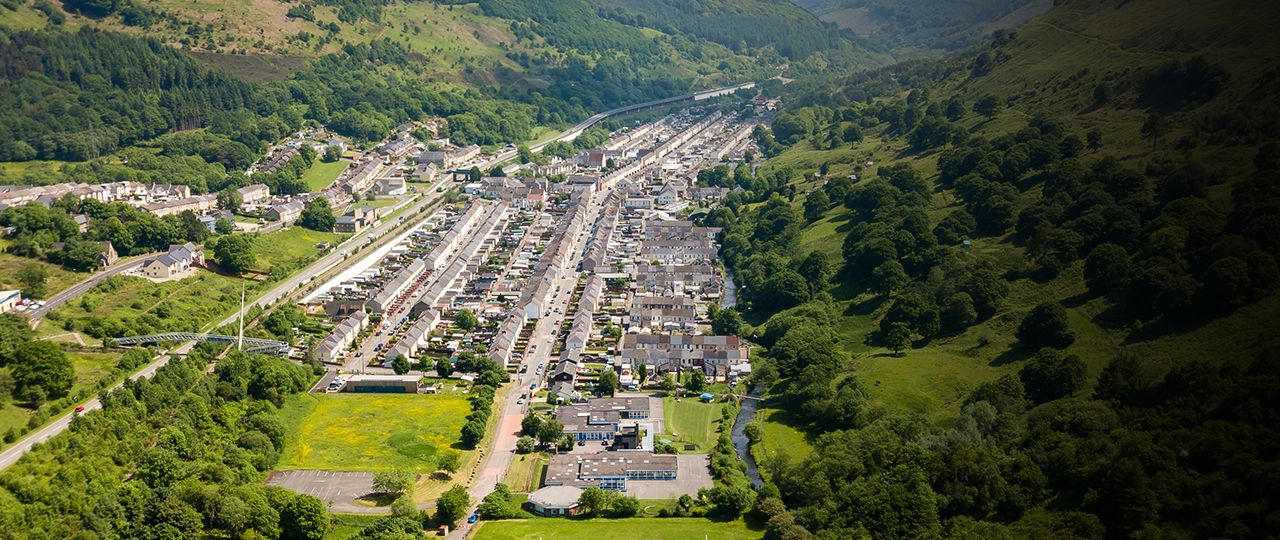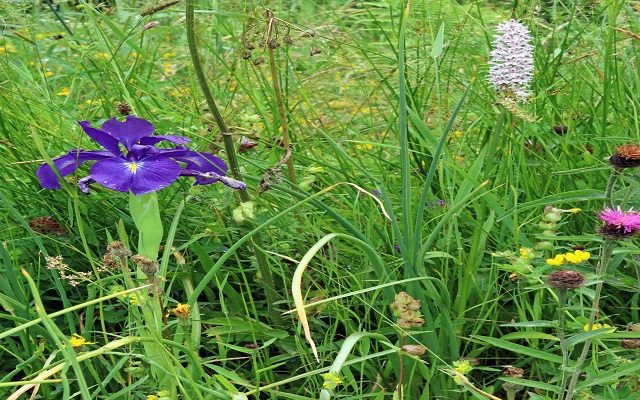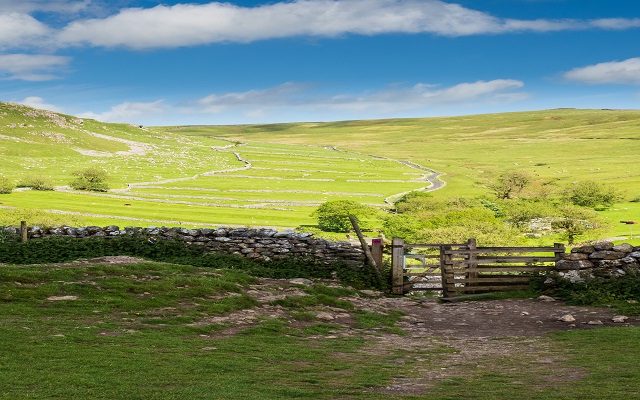Land Business Update | Week commencing 6th May 2019
Welcome to our update on key land management, farming, planning and energy issues
Environment
UN says that world economy is at threat due to human damage to the environment
It has been a very significant week in terms of reports on the impact of the degradation of the environment on humanity and economies. The UN’s Intergovernmental Science-Policy Platform on Biodiversity and Ecosystem (IPBES) report is the most comprehensive study yet into the overall state of the world’s ecosystems. It says that an average of a quarter of species in animal and plant groups are threatened, and that “around 1 million species already face extinction”. It identifies five major threats to wildlife: conversion of forests and grasslands into farms; excessive exploitation of animals and plants by overfishing, hunting and logging; climate change; pollution; and the spread of invasive species. Positively, it concludes that it is not too late to change the destruction but that it will take a ‘transformative change’, including away from the limited approach of economic growth towards approaches that capture quality of life and long-term effects.
Committee on Climate Change sets out the way for the UK to contribute to stopping global warming
The Committee’s latest report says that the UK should lead the world in the fight against climate change by cutting greenhouse gases to nearly zero by 2050 (so a bigger cut than the previous 80% target). This can be done at no added cost from previous estimates. The target is feasible due to the huge drop in the cost of renewable energy, prompted by government policies. Hitting the zero emissions target will require much less GHGs to be emitted, with any emissions captured and stored or offset by planting trees. The report contains a wide range of recommendations for everyone, including cutting energy use for home heating; cutting emissions from flying; converting to electric vehicles by 2030; and not sending bio-degradable waste to landfill after 2025. A previous report from the Committee focused on use of land, which is very relevant to all land managers.
Draft Environment (Principles and Governance) Bill not strong enough, say Common’s committees
The House of Common’s Environment, Food and Rural Affairs and Environment Audit committees have jointly said that the Bill, as currently drafted, is not equivalent to the current environmental protections provided by membership of the EU. The key change required, among many suggested, is that the Government sets out a clear overarching objective for the UK’s future environmental governance and ensures that environmental principles do not lose the legal status and priority they currently possess in European law.
Farming
Water Capital Grants available through the Mid-Tier Scheme
This Scheme offers grants and annual payments towards capital works and management options which offer environmental benefits and can aid management and save costs. A simplified, stand-alone two year scheme offers up to £10,000 for concreting works, roofing of slurry and silage stores and numerous other works which improve water quality. The first deadline is 31st May, by when an application pack must have been ordered and the local Catchment Sensitive Farming Officer contacted for advice.
New loan scheme designed to support farmers, especially the young ones
The European Commission and European Investment Bank has made €1bn available, which will be matched by partner banks and leasing companies so making €2bn available. An aim is to address the issue of poor access to finance which many younger farmers say is a barrier. The Independent in Ireland has reported that interest rates could be around 3%, compared with typical commercial lending rates of 4 – 6%. The length of the loans will be around 15 years, compared with more usual terms of 5 – 7 years. We will publish more details when we have them.
Forestry
EU announces new ‘one hectare’ initiative to encourage farmers to plant small areas of trees
The proposal is that EU Member States will pay land managers each year to plant and manage small areas under the Common Agricultural Policy. Another proposal is to encourage schools to get their pupils to plant trees, which will help build a link between the children and natural environment; this has been called the ‘Trees for Kids’ scheme.
Scottish timber production has almost doubled in 20 years
Production increased by 91% between 1997 and 2017 to 8.55 million cubic meters of standing timber, according to figures published on Scottish natural capital by the Office for National Statistics. This was mainly due to an increase in private timber production. Scotland’s production made up 60% of the UK’s total timber production in 2017.
Energy
Fracking commissioner resigns in frustration at ‘de facto ban’ on extraction
Natascha Engel said that the government had effectively implemented a ban on fracking by imposing a limit of 0.5 on the Richter scale for tremors beyond which fracking must stop. She said that the Government almost allowed the independent regulator she lead to examine the tremor limit but backed away. When resigning, she noted that the UK had experienced six tremors above 0.5 in April, none of which were related to fracking and none of which, she claims, caused disturbance. Labour’s policy is to ban fracking as it says it would lock the UK into using fossil fuels. Fracking is effectively banned in Scotland.
Shooting
Natural England withdraws three general licences to shoot 16 species of birds, including crow and pigeons
Natural England withdrew the licences on 25 April following a legal challenge by an organisation called Wild Justice. The organisation’s case is that, whilst general licences are a lawful mechanism, Natural England did not demonstrate that there are no other satisfactory solutions, as required by section 16(1A)(a) of the Wildlife and Countryside Act 1981. Natural England has since issued new licences for controlling wood pigeons, carrion crows and Canada geese but they have been criticised, by the National Gamekeepers Organisation, as being more restrictive than previous licences; for example, the ‘new’ licence user must be able to provide relevant evidence of why the threat of damage from the wild birds is sufficiently serious to merit action. On 4 May, Michael Gove took temporary control of the situation and has started a quick consultation (closing on 13 May) to resolve the matter in the short-term. Natural England is going to carry out a long-term review during 2019 of how general licences have been applied since the 1990s, with the aim of creating a new system that is fit for today.






